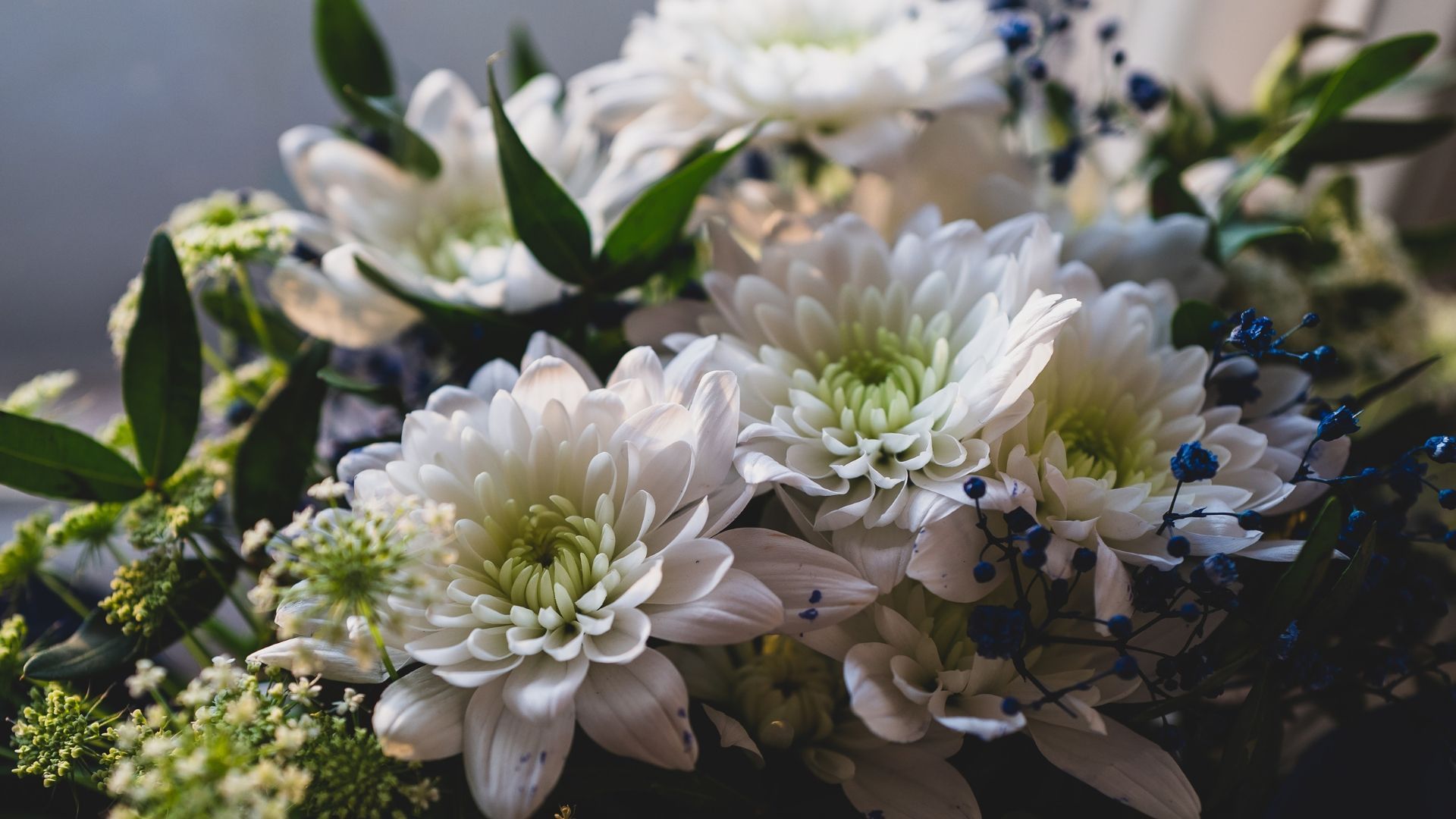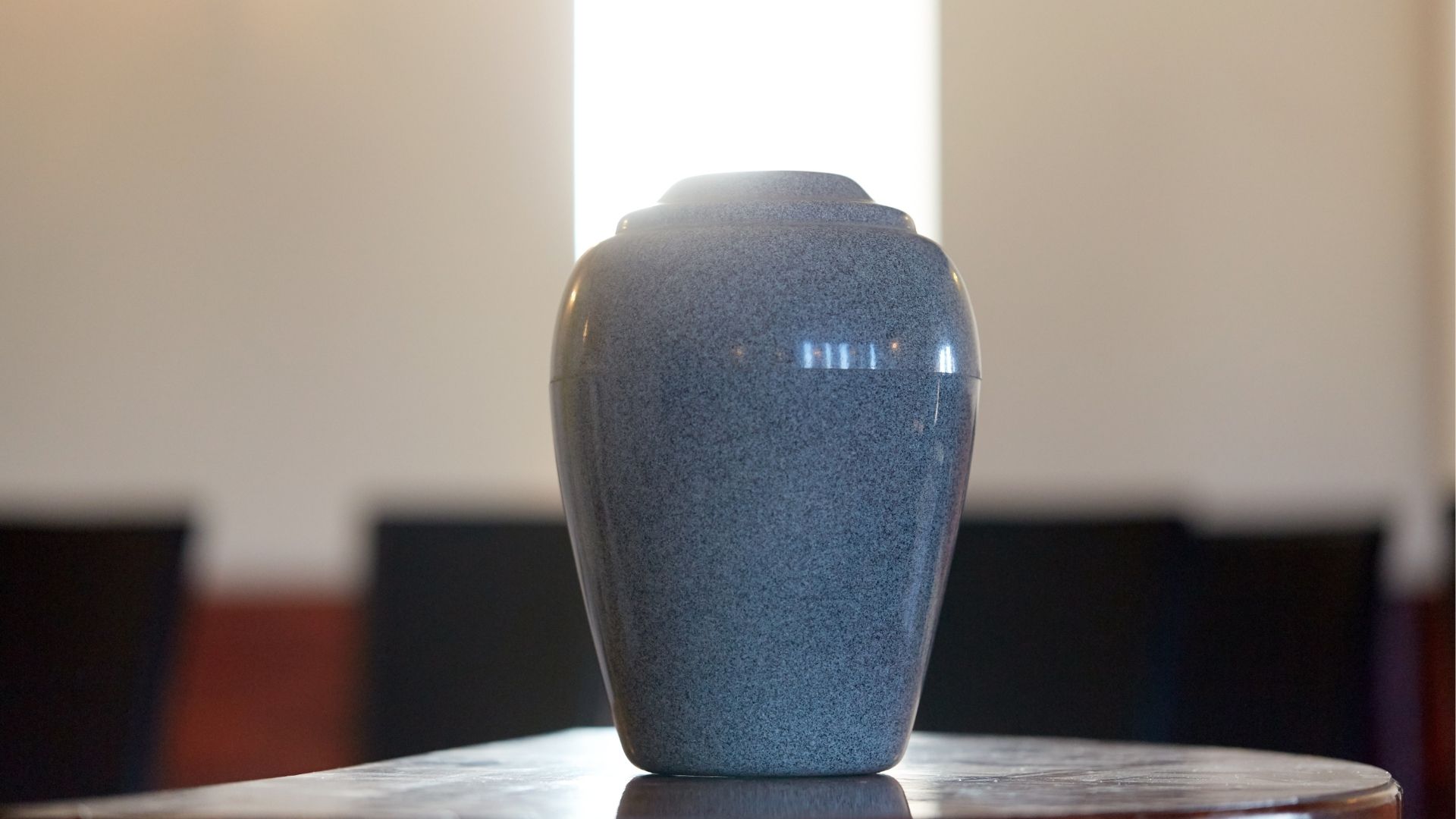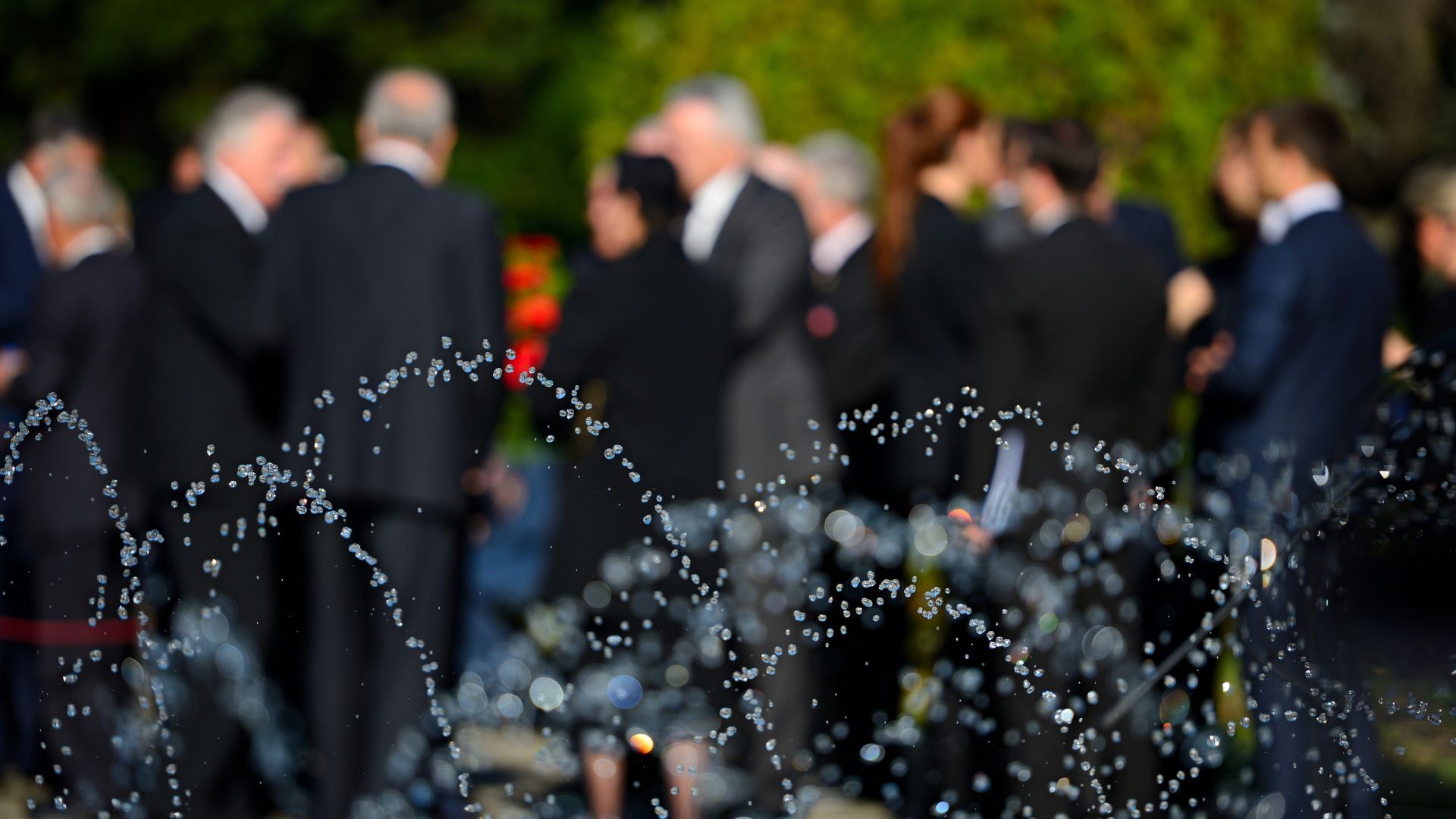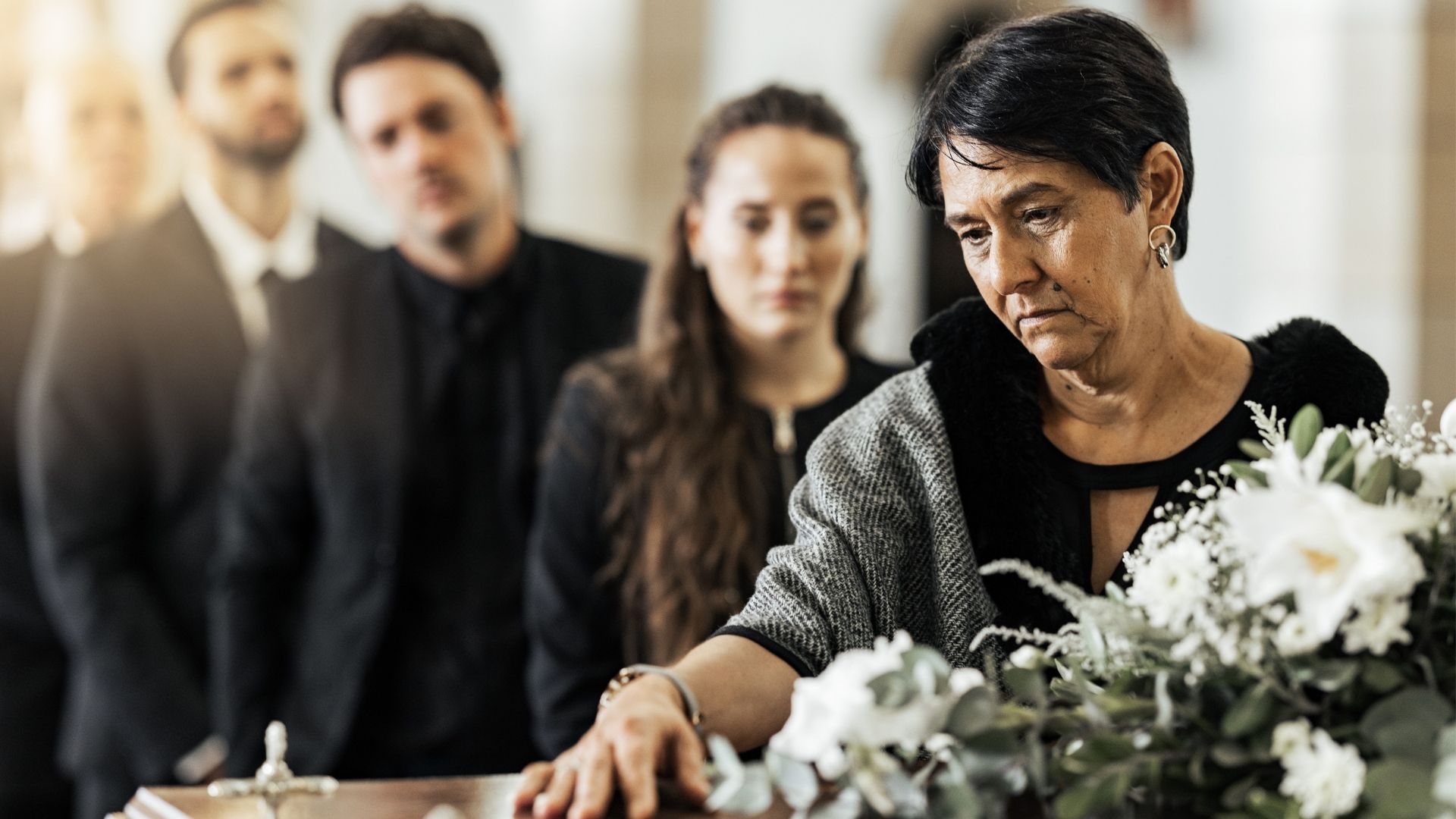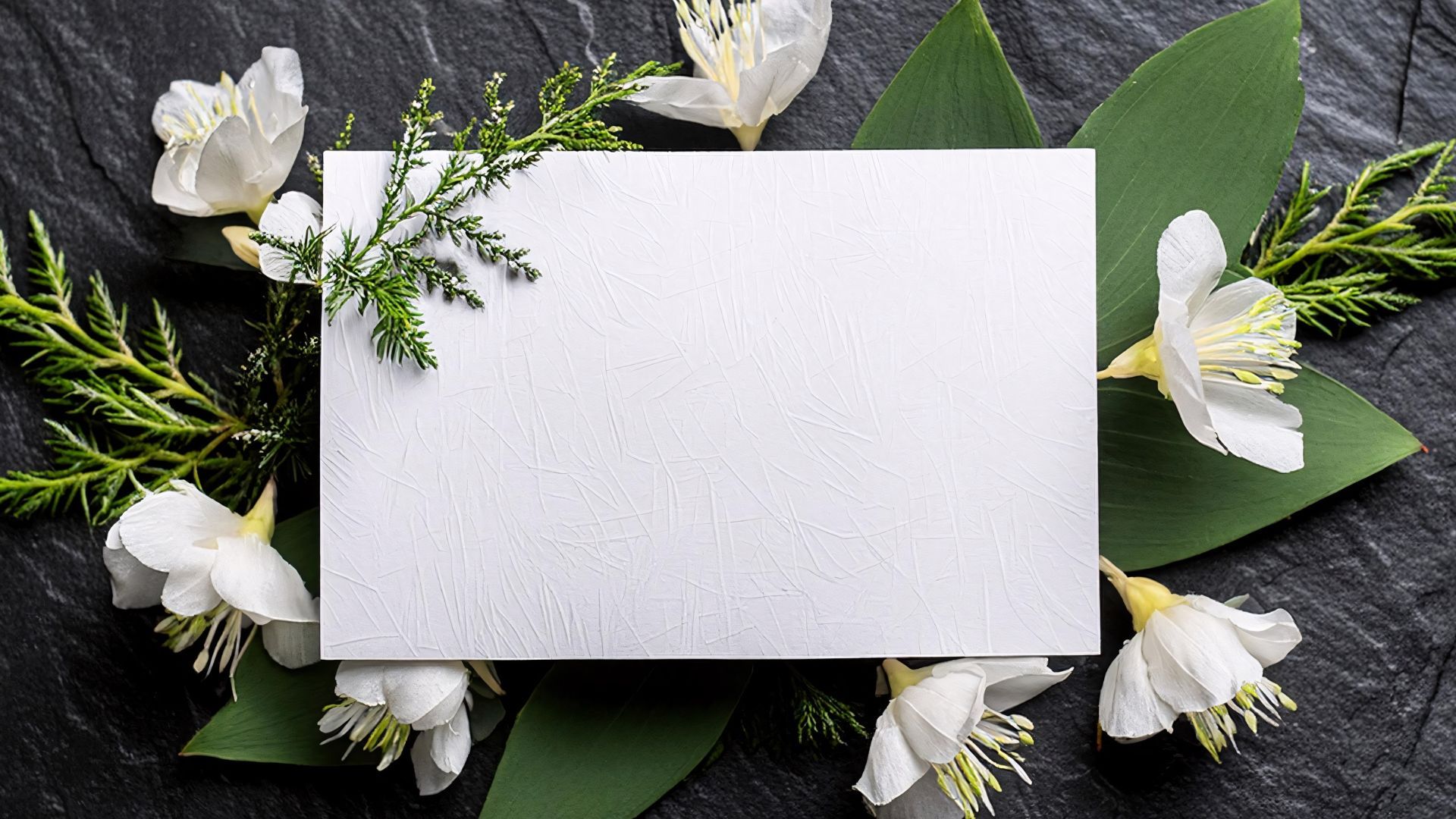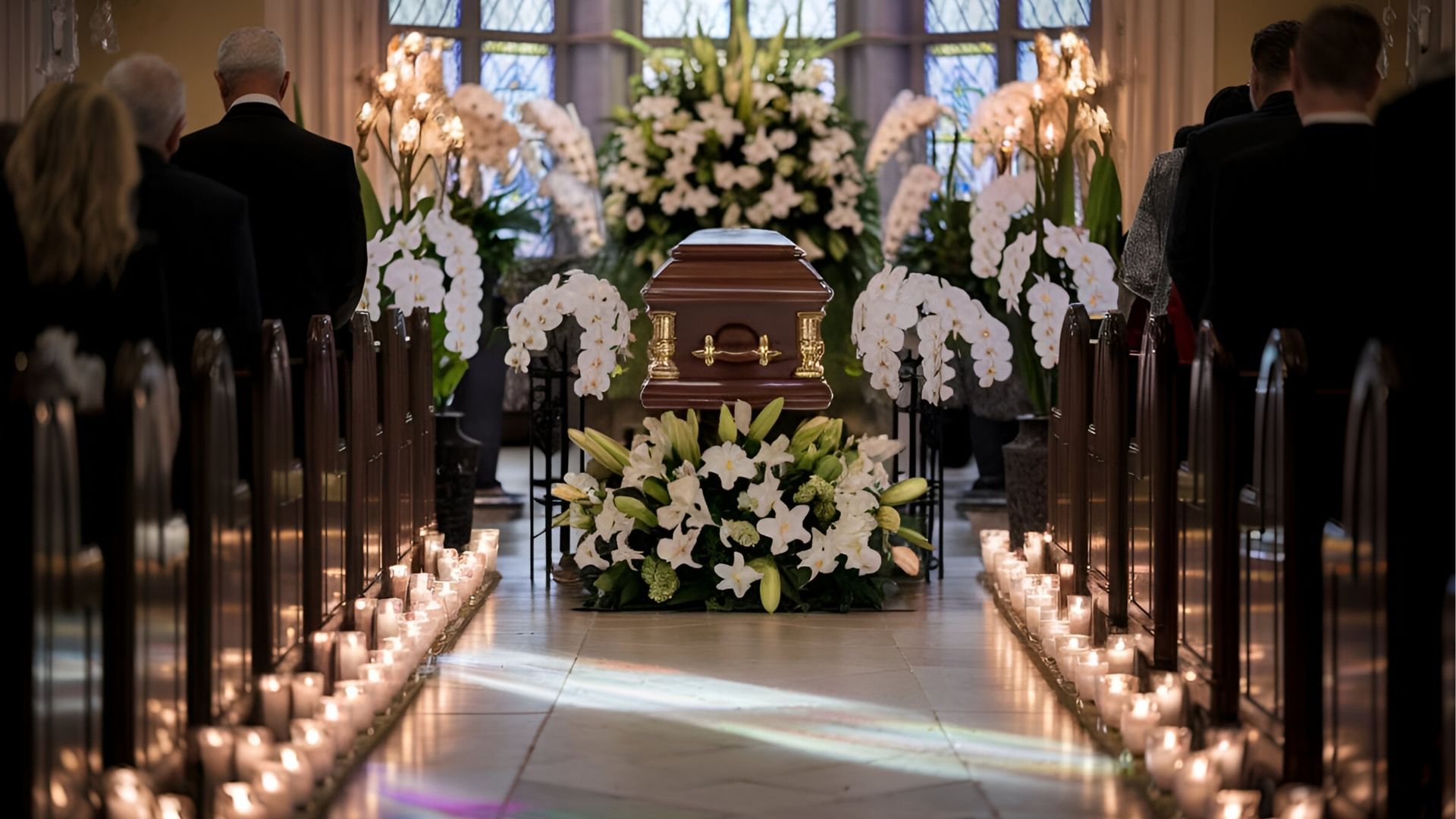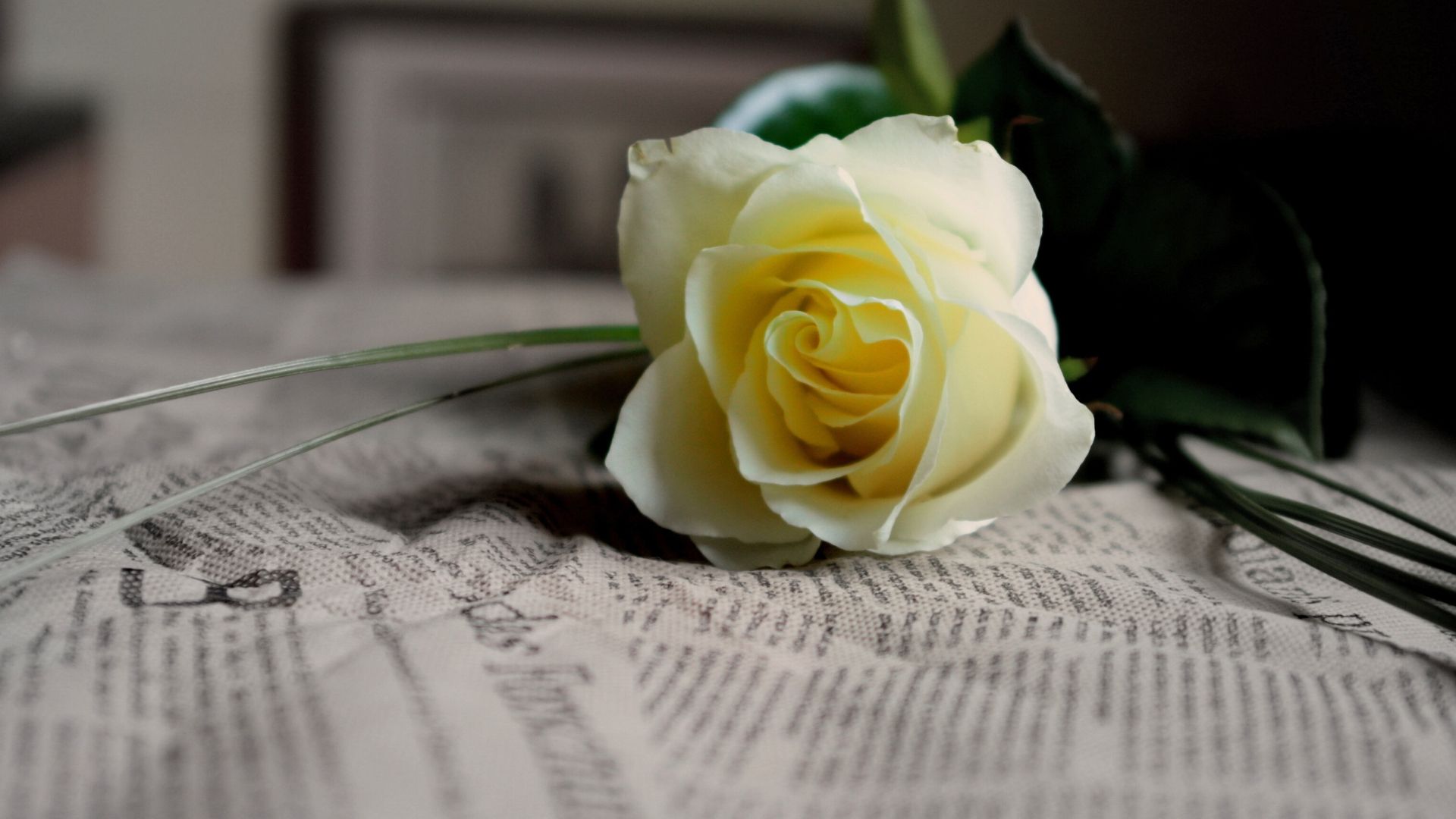Islamic funeral traditions: what happens at a Muslim funeral?
Are you attending an Islamic funeral for the first time? Learn what happens and what to expect at the service.
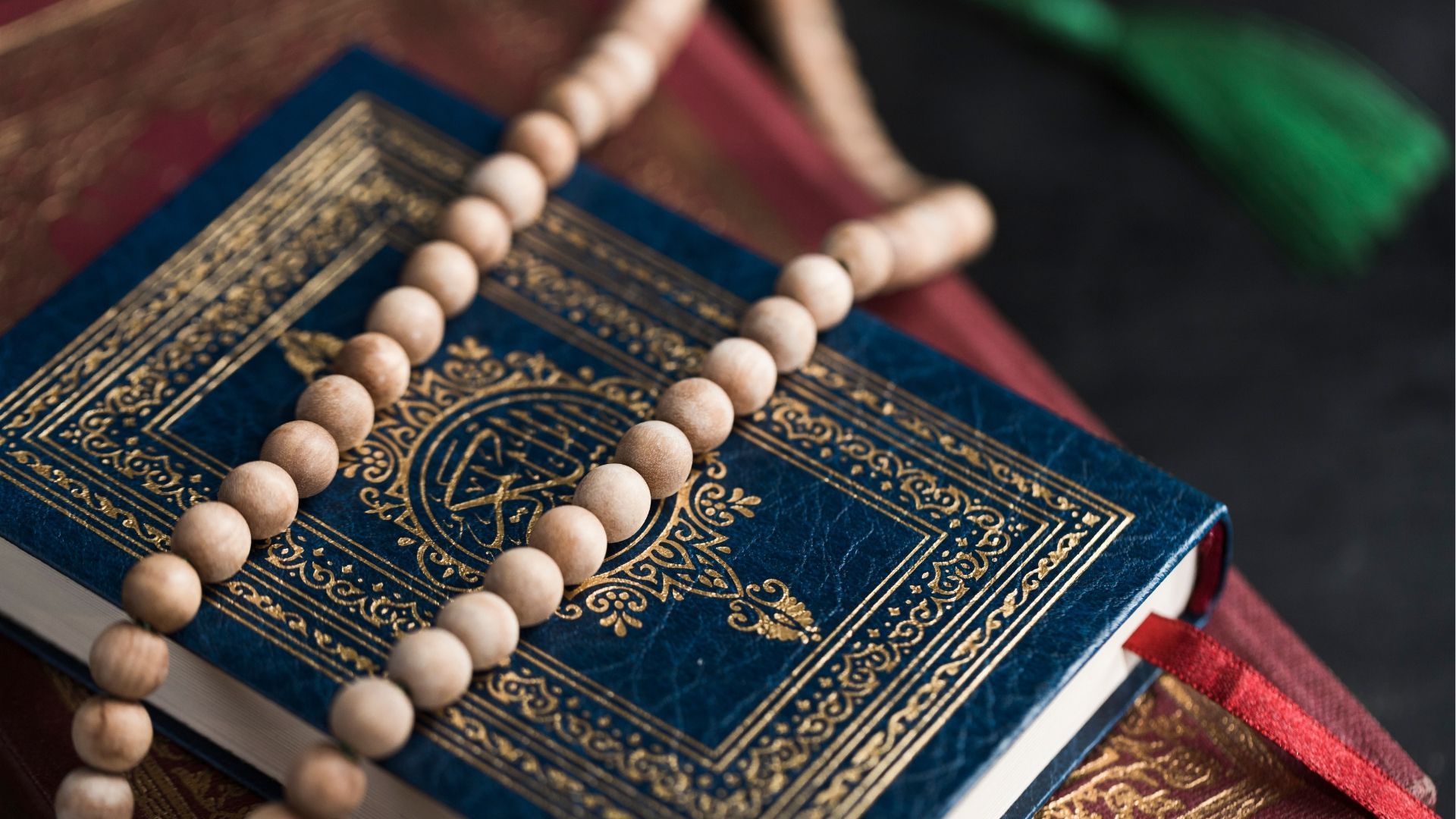
The world is full of rich and varied funeral traditions. Each country, culture and religion has its own way of saying goodbye to lost loved ones.
Rites and rituals can even vary within the same faith. An Islamic (Muslim) funeral in France, for instance, might look slightly different to one in Morocco, Belarus or Brazil.
In this guide, we look at how Muslim funerals typically work in the UK. You might find it useful if:
- You're a non-Muslim who's been invited to a Muslim funeral
- You're a Muslim who hasn't been to a funeral before
- You're curious about how different faiths cope with death, dying and saying goodbye
What happens at a Muslim funeral in the UK?
The Islamic funeral is known as Janāzah. This term covers the funeral service itself, as well as the main prayer performed at the service.
Funeral rituals happen in five stages and begin as soon as the person has died:
- Ghusl: washing the person's body
- Takfeen: wrapping the person's body in a shroud
- Janāzah salah: reciting funeral prayers
- Tashīʿ: carrying the person's body to the grave
- Tadfeen: the burial
Let's look at each of these stages in turn.
1. Ghusl (ritual washing)
In Islam, the word ghusl refers to any ritual washing process. It also refers to the final ritual bath performed on a person after they have died.
Muslims believe that performing ghusl purifies the body and soul and prepares the person for the afterlife (Akhirah).
First, the person is laid on a table and their clothes are removed. Then, the body is washed with clean, lukewarm water. Next, it is washed again with soapy water or water perfumed with lote leaves. The whole process is repeated several times, following a strict pattern.

Family members usually perform ghusl. The people who perform it are typically of the same gender as the person who died.
That's a simple explanation of the ghusl process. Here's a more in-depth description of the steps involved.
2. Takfeen (shrouding)
As soon as the person's body has been washed, it's dried and wrapped from head to toe in a shroud. This shroud is made of plain, inexpensive fabric cut into several pieces (usually three to eight).
The body remains in this shroud throughout the funeral and burial. Coffins aren't often used in Islamic funeral rites.
3. Janāzah (the funeral service)
Islamic funerals take place in a mosque, which is the main Muslim place of worship. A faith leader called an 'imam' conducts the funeral. The imam who leads the attendees in prayer and reads from the Quran (Muslim holy book).
The main funeral prayer is called the Janāzah or Ṣalāt al-Janāzah. The prayer is recited in Arabic. It asks Allah (God) to forgive the person who has died for their sins.
Muslims perform the Janāzah in a special way. Unlike daily prayers (Salat), which are recited while kneeling on the floor, the Janāzah is spoken while standing. The mourners line up in at least three rows and follow the imam in saying the prayer aloud.
4. Tashīʿ (the funeral procession)
This is where the person's body is carried to the place of burial.
Traditionally, the body would be carried using a frame called a 'bier' and transported on foot. However, it's now common to use a car to transport it to the cemetery. People then carry the body a short distance to the grave.
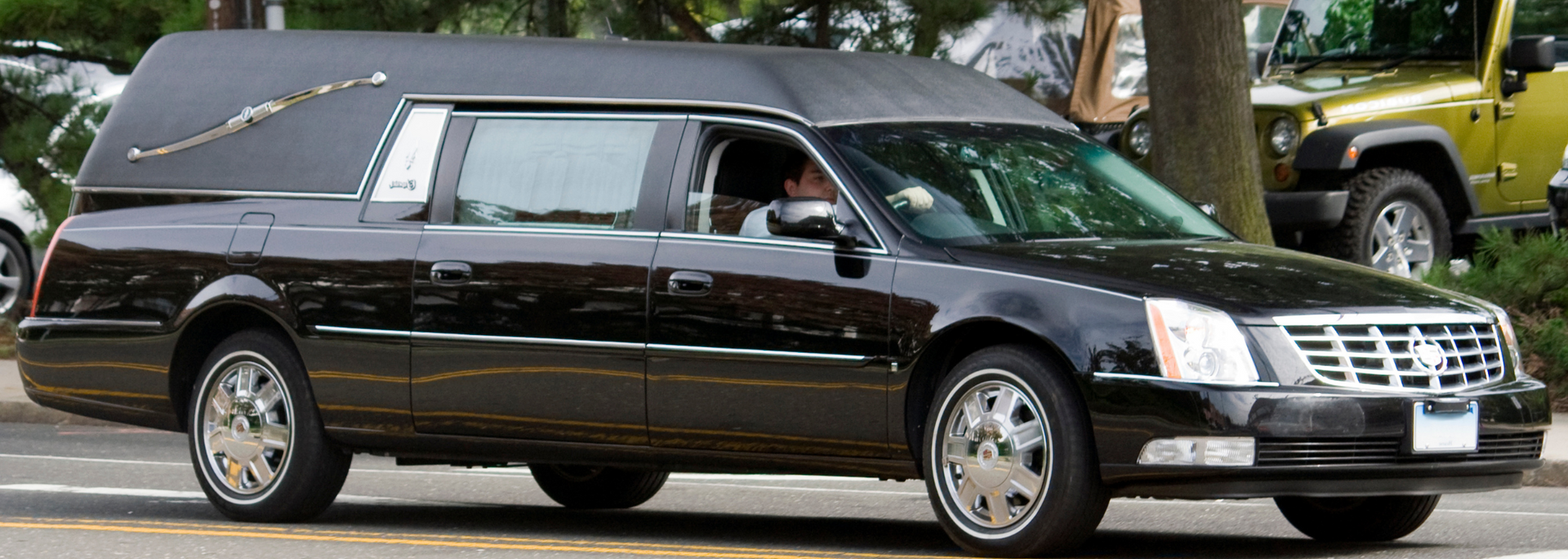
It's most often men who carry the bier while other mourners follow behind. The procession is quiet, dignified and respectful.
5. Tadfeen (burial)
Finally, the person's body is buried in its shroud.
Islamic graves are arranged in a specific way. They're dug so the head of the grave faces away from Mecca at 90 degrees. Mecca is the holiest site in Islam.
This arrangement means the right-hand side of the person's body faces Mecca when placed into the grave.
To prepare the grave for burial, stones or pieces of wood are placed inside it. This makes sure the body doesn't touch the soil.
As the body is lowered into the grave, the imam says a few final prayers. Each mourner throws three handfuls of earth onto the body.
Once the grave is filled in, it's typically marked with a small, simple headstone. Large or ornate headstones are rare.
How long does a Muslim funeral take?
Muslim funerals happen very quickly. This is an important part of Islamic beliefs. Ideally, the person should be buried within 24 hours of death.
The funeral ceremony (including the Janāzah prayer) usually takes between 30 and 60 minutes, not including the burial.
After the burial, close family members go into a period of mourning. They stay at home and receive visitors, who offer support and often bring gifts of food. This mourning period lasts three days.
Can a non-Muslim attend a Muslim funeral?
Yes. If you're a non-Muslim and you've been invited to an Islamic funeral, you're welcome to attend.
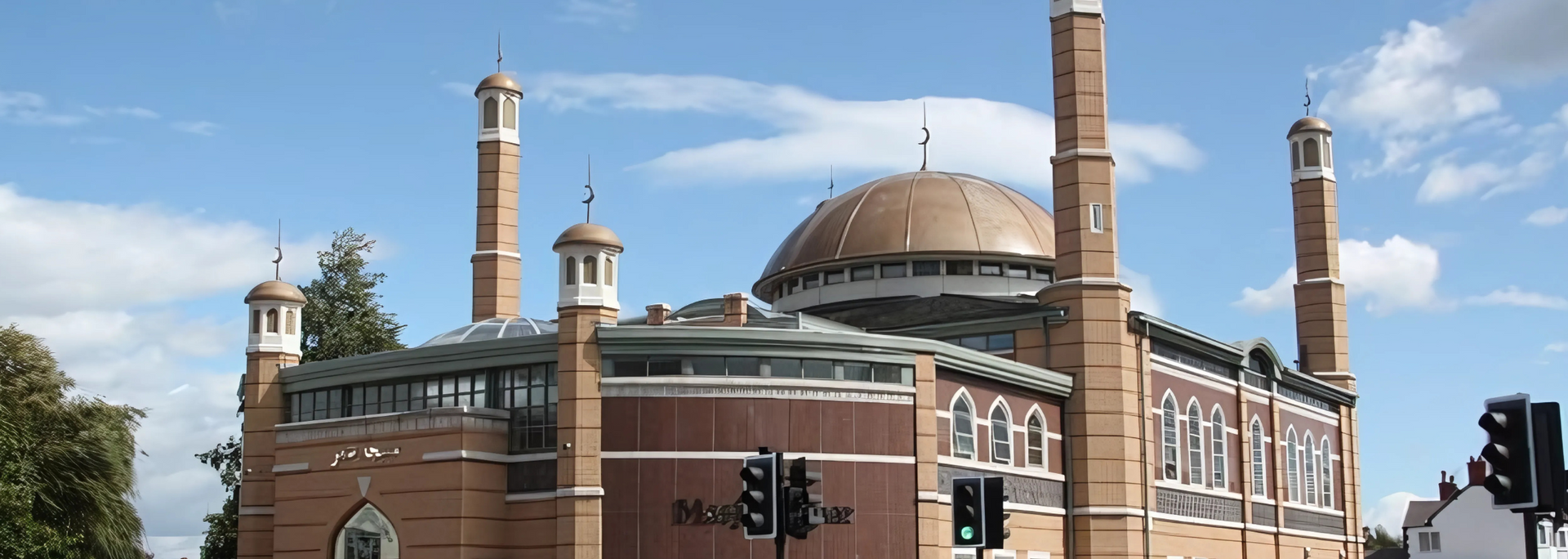
You'll be expected to quietly observe the funeral service and then follow the procession at a respectful distance. As a non-Muslim, you won't be allowed to take part in prayers or rituals.
Don't worry too much about causing offence or doing something wrong. Most of the time, people will welcome your support and won't mind providing gentle guidance on what to do.
However, you should know that Muslim funeral traditions may be a little different to what you're used to. For instance, while it's OK to feel sad at the funeral, Muslims tend to express their grief quietly. Crying loudly or wailing is frowned upon.
It's also not customary to bring flowers, presents or cards to the funeral service. However, the family will probably welcome gifts of food during the three-day mourning period after the funeral.
If you have any doubts or questions, it's best to ask.
What to wear to a Muslim funeral
Islamic funerals are quiet, dignified and respectful. That applies to the clothing people wear at the funeral, too.
Men should wear a simple shirt and trousers. Women should wear an ankle-length skirt or trousers, cover their heads and wear minimal or no makeup. Go for dark colours – black is best, but any dark shade is acceptable.
Shoes should be simple, clean and presentable. Remember that it's customary to remove your shoes before entering the prayer room, so be sure to wear presentable socks or tights, too.
Akshardham Funeral Directors is an independent funeral home based in North London. We help families of all faiths arrange the funeral that feels right for them. That includes arranging Muslim funeral services. Why not follow our blog to learn more about different kinds of funerals?


